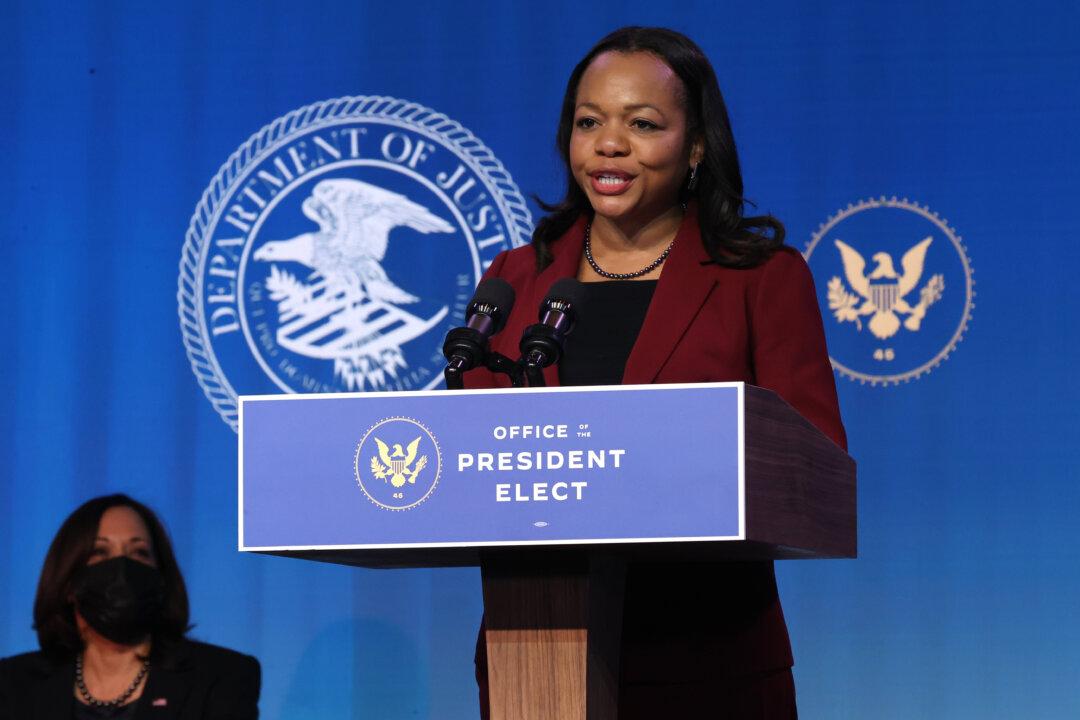The Department of Justice has opened an investigation into the police department in Lexington, Mississippi, based on allegations of “systemic violations of the Constitution and federal law.”
The DOJ said it will investigate the Lexington Police Department’s (LPD) policies and procedures—such as its use of force, stops and searches, and arrests—to determine whether the procedures are violations of civil rights.





